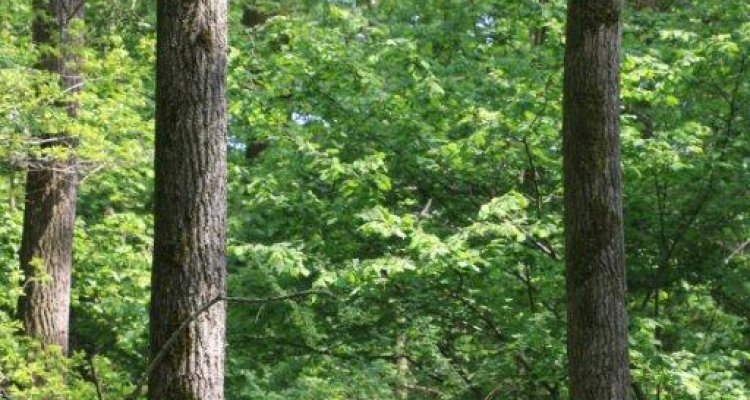
Project
ALTERFOR
Silvicultural methods have evolved in response to historic conditions and are often confined to a national or regional setting. Are they adequate to meet the challenges of the 21st century?
Silvicultural methods have evolved in response to historic conditions and are often confined to a national or regional setting. Are they adequate to meet the challenges of the 21st century?
The goal of the ALTERFOR project is to provide improved and new approaches that are robust enough to address the pressures of increased use of bioenergy and uncertainties such as climate change, the complex dynamics of evolving global markets, and the increased focus on forest’s social values. An international consortium of research organisations and forest owner associations, forestry authorities as well as forest societies, led by the Swedish University of Agricultural Sciences (SLU), will develop and test new forest management models in case study areas that cover representative forested landscapes in Europe. The FNP group is one of the research organisations participating.
In the course of the project, the project partners from 11 countries will carefully evaluate the improved management models. They will be studied under different future climate change scenarios and with respect to desired ecosystem services like biodiversity conservation, timber production and cultural values. To be of value for policy makers and practical forestry, the analyses will incorporate the actual behaviour of forest owners and managers.
The researchers obtain independent advice from distinguished scholars who form the scientific advisory board (SAB) of the project. The chair of the SAB is David Foster, director of Harvard Forests, one of the oldest forestry schools and ecological research centres in the USA. Further members of the SAB are Sten Nilsson, former director of IIASA and CEO of the Forest Sector Insights AB, Euan Gordon Mason, professor for forestry at the University of Canterbury in Christchurch, New Zealand, and Eduardo Rojas Briales, Assistant Director-General of the Food and Agriculture Organization of the United Nations.

In collaboration with:
Swedish University of Agricultural Sciences (Sweden), Sodra (Sweden), University of Goettingen (Germany), TU Munchen (Germany), Frauenhofer Institut (Germany), Deutscher Forstverein (Germany), University College Dublin (Ireland), Coillte (Ireland), University of Padova (Italy), ETIFOR (Italy), Aleksandro Stulginskio University (Lithuania), VI Valstybinis miskotvarkos institutas (Lithuania), Technical University Zvolen (Slovakia), JRC (Italy), IIASA (Austria), Ministry of Environment and Forestry (Turkey), Karadeniz Technical University (Turkey), ISA University of Lisbon (Portugal), Forestry Association Vale do Sousa (Portugal)